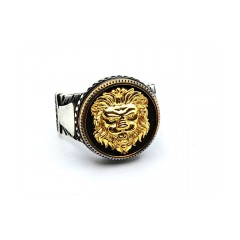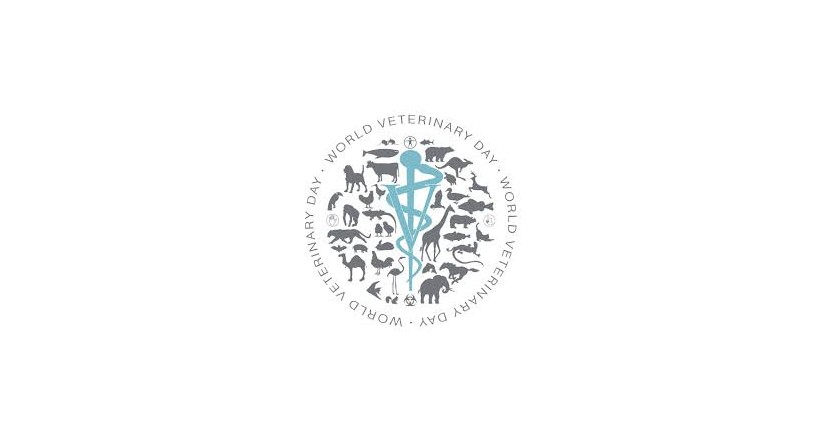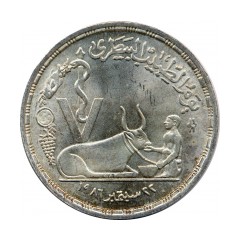The veterinarian is a specialist in the treatment and surgery of animals. The veterinary certificate is a protected certificate, authorizing the practice of animal medicine and surgery. (Cattle, sheep, goats, apples) in the agricultural community and with the aim of economic research, between 1945 and 1974, there was an increasing demand for veterinarians to treat farm animals in urban areas. The role of the veterinarian is pivotal to human health: it is controlled for direct or indirect human-to-human diseases, which can be very serious, eg rabies, brucellosis, tuberculosis, avian flu, etc., as well as control of animal-derived feedstocks Which enter the human lunch, and are the race and specialists in the control of animal foods (honey, milk, eggs, meat ...) In the United Kingdom, for example, as in other regions, animal treatment is permitted only for registered veterinarians (with a few exceptions for veterinarians), and it is illegal for any unregistered person to claim to be a veterinarian. Most veterinarians in health facilities directly treat animals and are involved in general practices and treatment of animals of all kinds. A veterinarian may specialize in a particular group of animals such as pampered domestic animals, livestock, zoo animals or horses, or may specialize in a narrow medical field such as surgery, dermatology or internal medicine. As with human health care professionals, veterinarians face ethical decisions about caring for their patients. Current discussions within the framework of professional ethics include the purely cosmetic processes performed for animals such as removing cat claws, amputation of tails, rectifying ears and softening barking of dogs
Welcome to Try Collect





